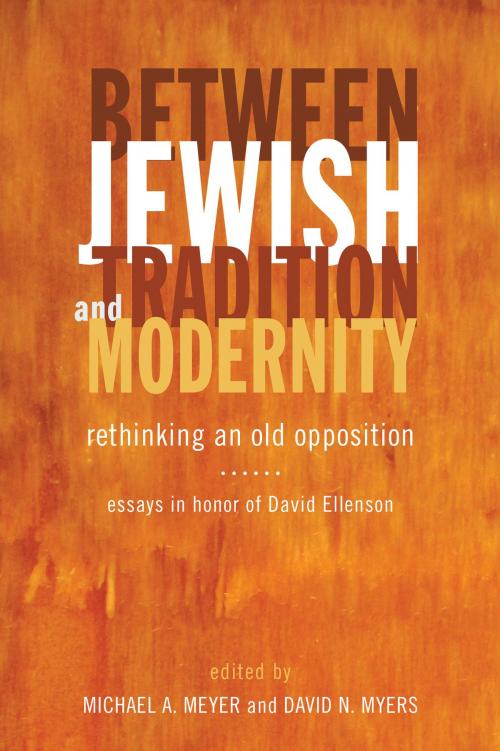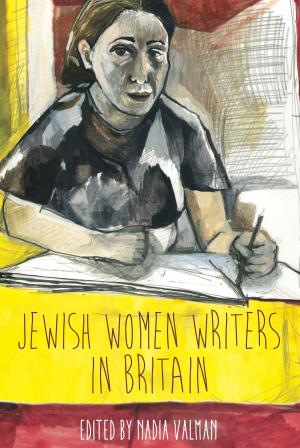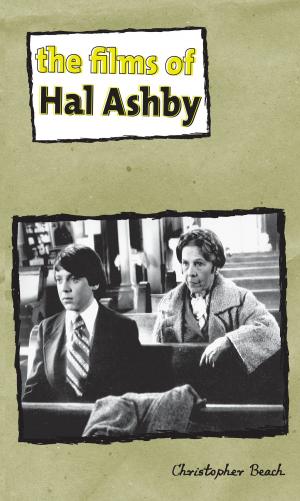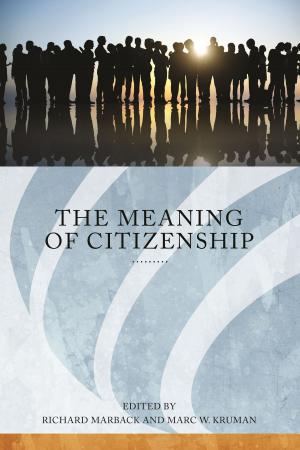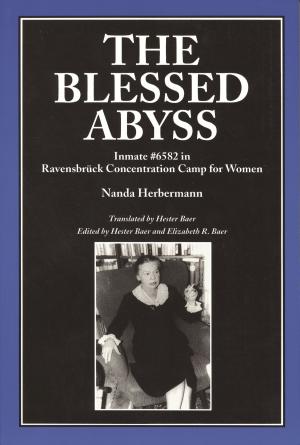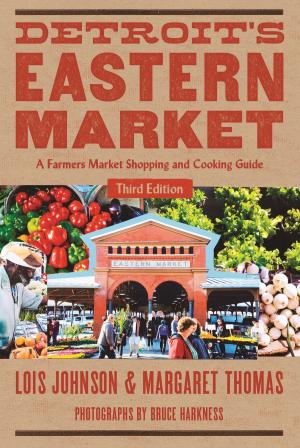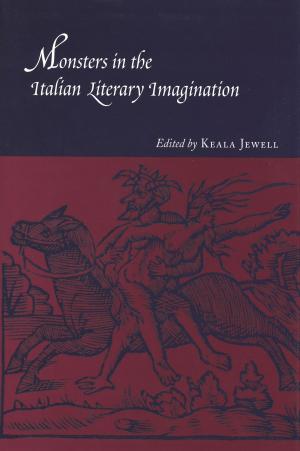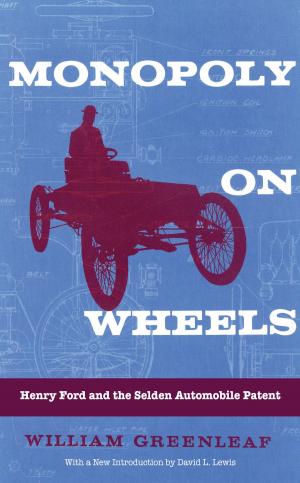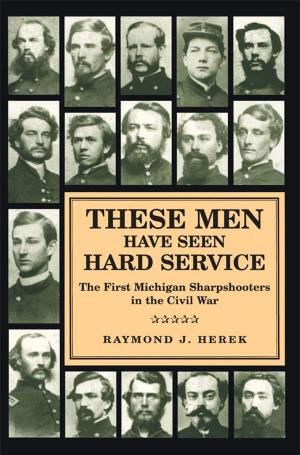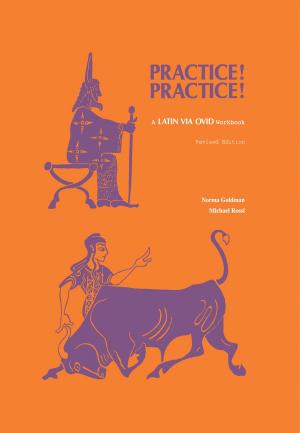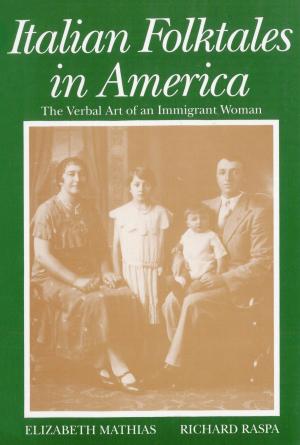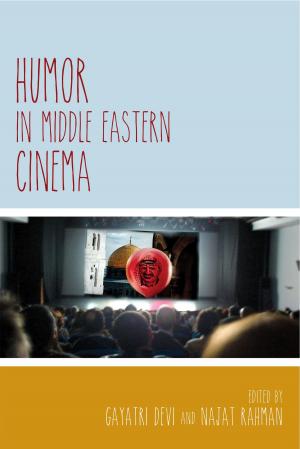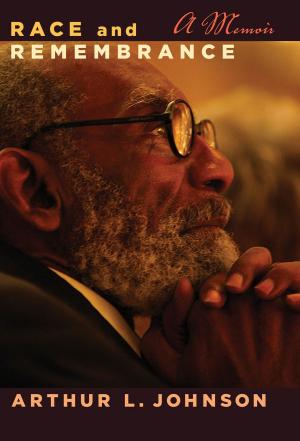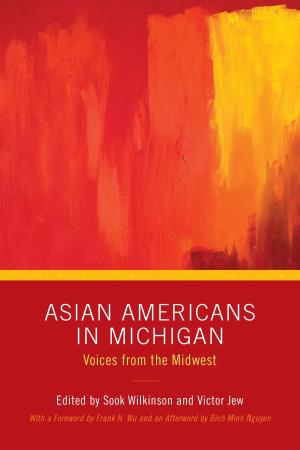Between Jewish Tradition and Modernity
Rethinking an Old Opposition, Essays in Honor of David Ellenson
Nonfiction, Religion & Spirituality, Judaism, Beliefs, Practices, & Rituals, History, Jewish| Author: | Michael A. Meyer | ISBN: | 9780814338605 |
| Publisher: | Wayne State University Press | Publication: | October 20, 2014 |
| Imprint: | Wayne State University Press | Language: | English |
| Author: | Michael A. Meyer |
| ISBN: | 9780814338605 |
| Publisher: | Wayne State University Press |
| Publication: | October 20, 2014 |
| Imprint: | Wayne State University Press |
| Language: | English |
Although the ideas of “tradition” and “modernity” may seem to be directly opposed, David Ellenson, a leading contemporary scholar of modern Jewish thought, understood that these concepts can also enjoy a more fluid relationship. In honor of Ellenson, editors Michael A. Meyer and David N. Myers have gathered contributors for Between Jewish Tradition and Modernity: Rethinking an Old Opposition to examine the permutations and adaptations of these intertwined forms of Jewish expression. Contributions draw from a range of disciplines and scholarly interests and vary in subject from the theological to the liturgical, sociological, and literary. The geographic and historical focus of the volume is on the United States and the State of Israel, both of which have been major sites of inquiry in Ellenson’s work. In twenty-one essays, contributors demonstrate that modernity did not simply replace tradition in Judaism, but rather entered into a variety of relationships with it: adopting or adapting certain elements, repossessing rituals that had once been abandoned, or struggling with its continuing influence. In four parts—Law, Ritual, Thought, and Culture—contributors explore a variety of subjects, including the role of reform in Israeli Orthodoxy, traditions of twentieth-century bar/bat mitzvah, end-of-life ethics, tensions between Zionism and American Jewry, and the rise of a 1960s New York Jewish counterculture. An introductory essay also presents an appreciation of Ellenson's scholarly contribution. Bringing together leading Jewish historians, anthropologists, sociologists, philosophers and liturgists, Between Jewish Tradition and Modernity offers a collective view of a historically and culturally significant issue that will be of interest to Jewish scholars of many disciplines.
Although the ideas of “tradition” and “modernity” may seem to be directly opposed, David Ellenson, a leading contemporary scholar of modern Jewish thought, understood that these concepts can also enjoy a more fluid relationship. In honor of Ellenson, editors Michael A. Meyer and David N. Myers have gathered contributors for Between Jewish Tradition and Modernity: Rethinking an Old Opposition to examine the permutations and adaptations of these intertwined forms of Jewish expression. Contributions draw from a range of disciplines and scholarly interests and vary in subject from the theological to the liturgical, sociological, and literary. The geographic and historical focus of the volume is on the United States and the State of Israel, both of which have been major sites of inquiry in Ellenson’s work. In twenty-one essays, contributors demonstrate that modernity did not simply replace tradition in Judaism, but rather entered into a variety of relationships with it: adopting or adapting certain elements, repossessing rituals that had once been abandoned, or struggling with its continuing influence. In four parts—Law, Ritual, Thought, and Culture—contributors explore a variety of subjects, including the role of reform in Israeli Orthodoxy, traditions of twentieth-century bar/bat mitzvah, end-of-life ethics, tensions between Zionism and American Jewry, and the rise of a 1960s New York Jewish counterculture. An introductory essay also presents an appreciation of Ellenson's scholarly contribution. Bringing together leading Jewish historians, anthropologists, sociologists, philosophers and liturgists, Between Jewish Tradition and Modernity offers a collective view of a historically and culturally significant issue that will be of interest to Jewish scholars of many disciplines.
